How are you feeling about the first day of fall? If, like me, you get a distant sense of foreboding, then you might suffer from seasonal affected disorder, aptly acronymed SAD, caused by the body’s inability to produce enough serotonin. Surveys suggest up to five million of us, over in Britain, are afflicted to some degree – from people whose mood dips a bit, to those who, as the nights draw in, experience anything from anxiety, lethargy and sleeplessness to a general feeling of hopelessness. Sad indeed.
The awful thing is that SAD can kick in as early as late summer, when days start to get noticeably shorter. September 1 is particularly depressing. Those who follow the astronomical calendar might convince themselves there’s still three more weeks of summer, but we SAD sufferers think differently. For us, fall starts today, with that long slope towards Christmas, pockmarked with other nasty dates, like September 22, when we enter the darkest half of the year, followed by the darkest third a month later. You get the picture. Or, rather, by that stage, you don’t, because it’s too grey and horrible to see anything.
An elderly relative has always rejoiced at “the changing of the seasons,” and insists she gets as much pleasure from a grim late-fall afternoon as from a gorgeous June morning. I suppose she must be telling the truth, as she always seems so darn cheerful. But I, and other SAD sufferers, struggle to accept it.
Fall, for me, is worse than winter. December has Christmas, and by January each day gets a bit longer. But September through the end of November? Endurance is the word most suited to it. And it seems to attract life’s worst events. A friend dies before their time? It usually happens in the fall. I come down with an epic dose of flu? Likewise. I fall out with a friend? You guessed it.
If I have a really good fall day it’s despite the darkness, not because of it. If it were possible to hibernate through the whole thing, and on through winter, I’d certainly consider it. Or, better still, I’d have enough money to hop on a plane to Australia each October, returning home once spring was in the air.
But the vast majority of SAD sufferers don’t have the means for any such thing. So, we must be creative. I keep a SAD lamp on my desk, which tricks the body into believing it’s sunny, even when it’s midnight. When I first acquired this beautiful little gadget, I was so keen to get immediate benefit that I tore off its packaging and switched it on without bothering with the instructions. You’re not meant to point it straight at your face (I did) and you’re not meant to use it for more than 15 minutes (I supped for a good hour). The result was like a bad hangover. It was worth it, though. Okay, since then, I’ve been more moderate, but this thing still works overtime.
Then there are daylight-simulation light bulbs, though they can mean walking to the bathroom at 2am in blazing sunshine. Or you could try a light-based alarm clock, which gradually fills your bedroom with pretend sunlight until you wake up bang on time.
If I have a really good fall day it’s despite the darkness, not because of it
What else? Well, there are drugs, which can be broken down into prescription and non-prescription. I’m not dissing those who go to their doctor for a pharmaceutical intervention. I’m told they really help, especially those with the very worst of it. Solidarity. Personally, though, I turn to the one socially acceptable drug that works every time. Red wine. A glass a night does the trick. And if you have the TV on, choose a movie with loads of tropical blue skies. My parents always wondered why, as a child, I loved watching Papillon – a story of unrelenting human misery. The truth is I ignored the plot and just binged on the weather.
Some SAD sufferers go down the counselling route. There’s something called ecotherapy, which encourages outdoor pursuits in nature. And if all else fails – and this one is a bit out there – you can write a letter to winter, or in my case fall, explaining your feelings. According to researchers at Glasgow University, this might make a difference, just like it might help you deal with the workplace bully to let them know about their awful impact. Well, it wouldn’t work for me. My letter would be full of expletives, and I can’t imagine that being much help.
You must, of course, choose your own remedy from the many available, but for me it remains a touch of booze, blue sky on the telly and a SAD lamp. And the certain knowledge that, however miserable the next six months are, spring will, eventually, arrive.



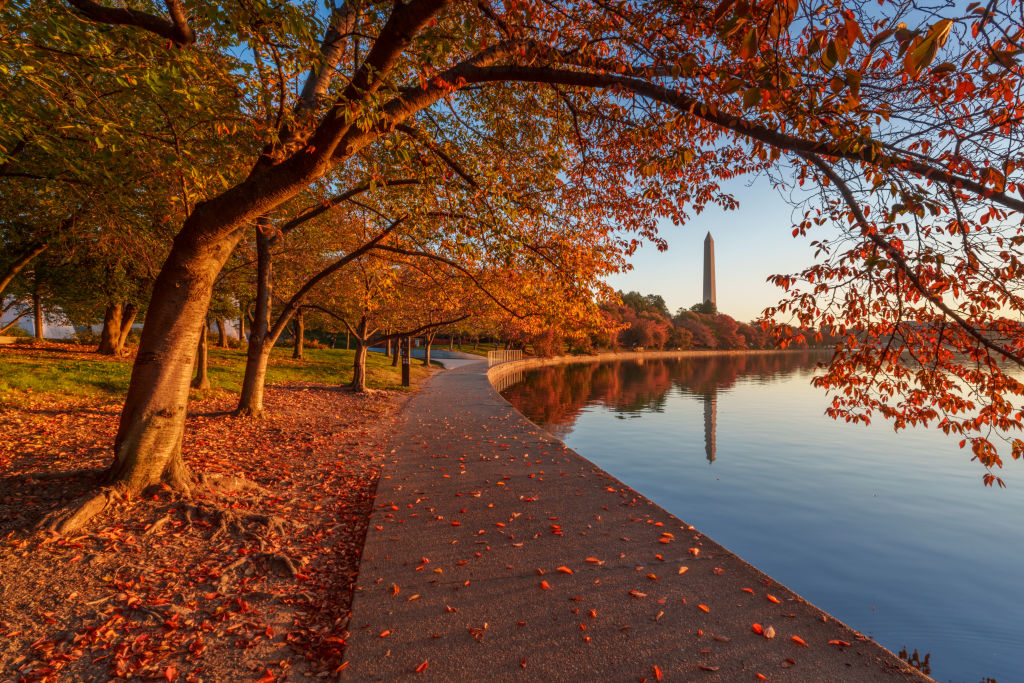






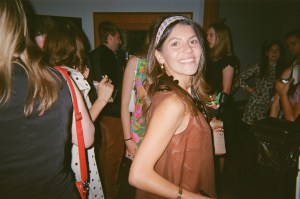



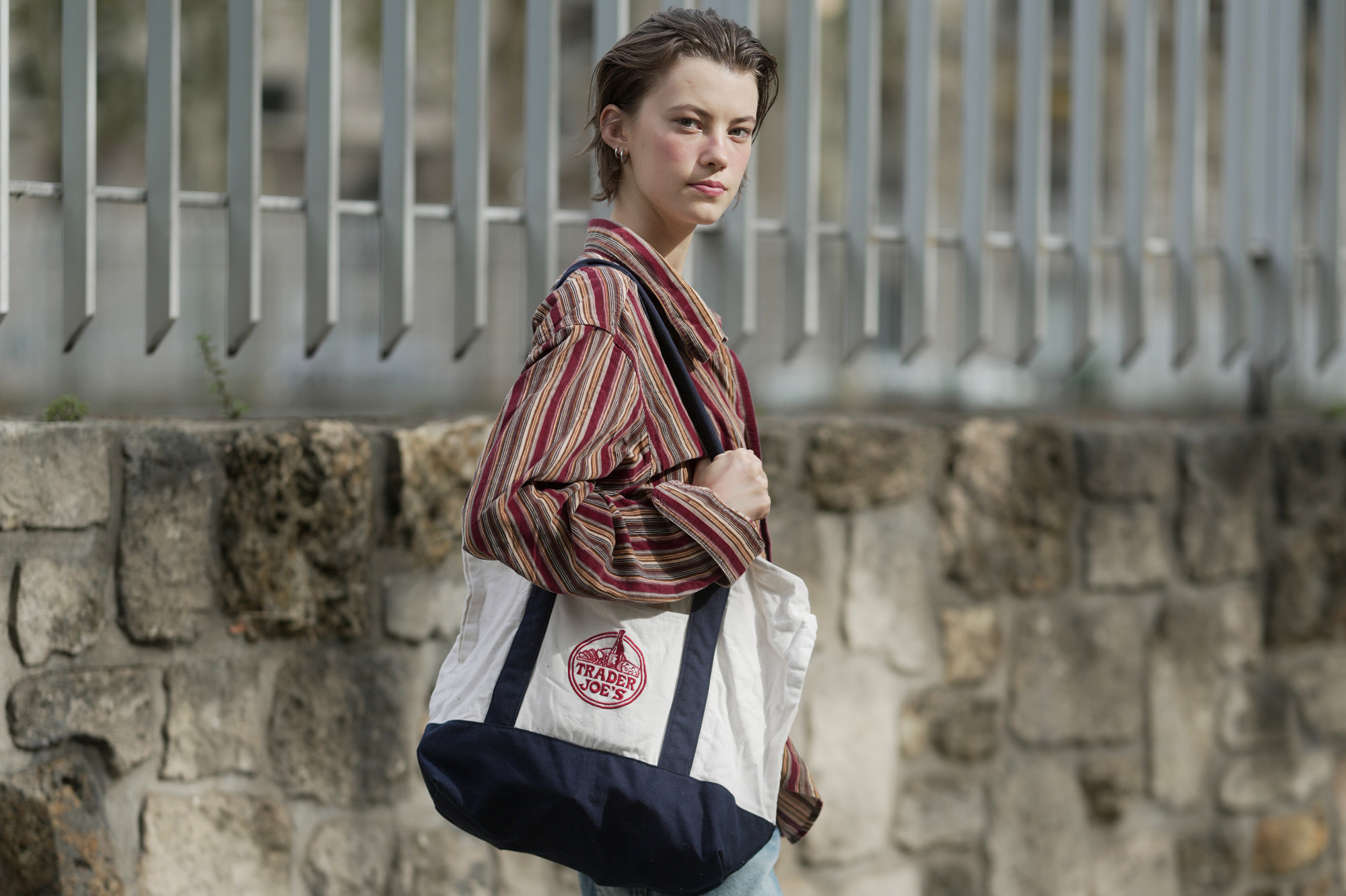
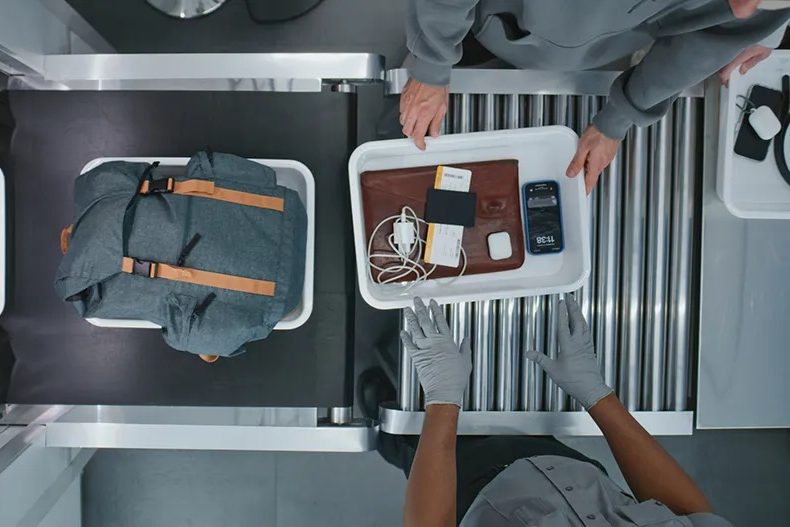

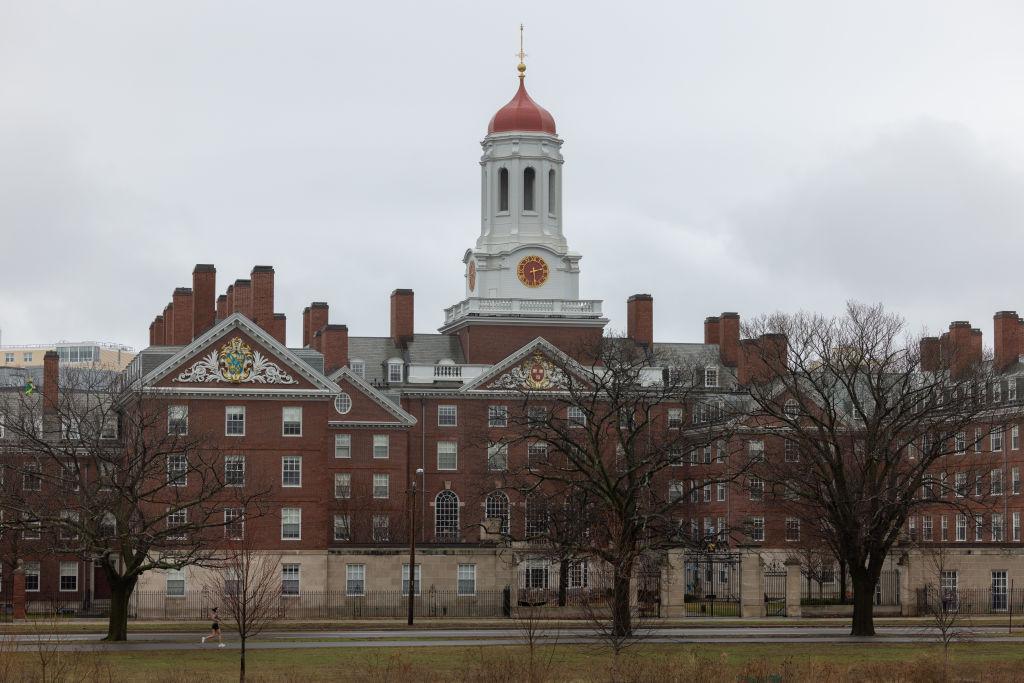
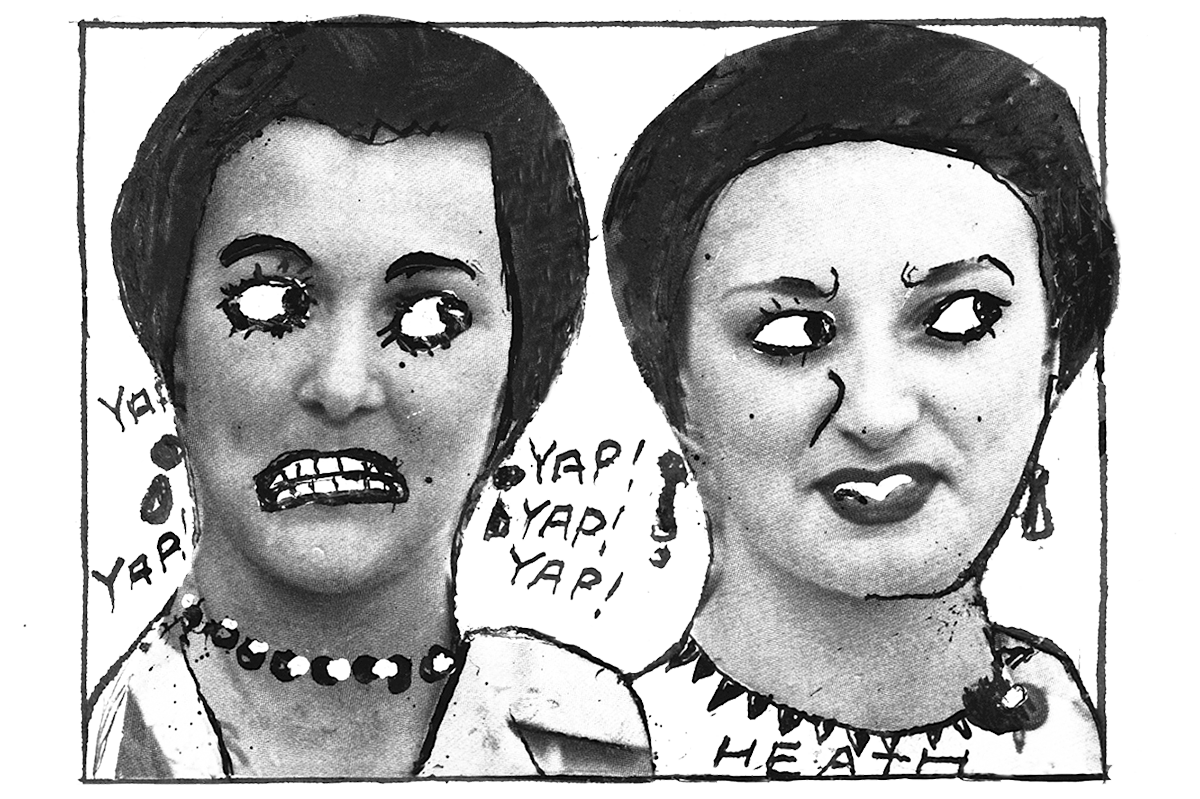







Leave a Reply